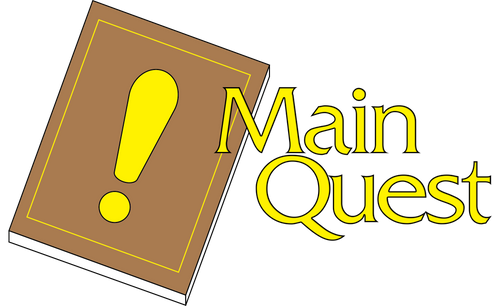The following is Part Two of the series titled "A Diet for Losing Enough Weight to Leave This Physical Plane of Existence", or alternatively called "Achieving Fitness Goals With This Hidden Weight Loss Technique" for Search Engine Optimization purposes.
Losing It: The Magic of Inconvenience
In my first month of Invisalign, my mouth ached, my gums pulsated, and certain teeth became very sensitive. With an active orthodontic treatment plan, not only is the act of mastication itself an exercise in constant (though mild) discomfort, but the new dental hygiene rituals also demotivates from eating altogether by introducing more barriers of inconvenience.
For me personally, prior to starting, my routine roughly consisted of:
- Floss, primarily only before bed, optionally during the day when I can particularly feel something stuck in my teeth
- Brush, twice a day
- Mouthwash, when I remember to
After starting Invisalign, my routine became the following after every time I ate something:
- Pop out the Invisalign aligner trays and set aside
- Floss obsessively
- Brush and grit teeth through the discomfort, soreness, and sensitivity
- Rinse with mouthwash
- Brush the aligners thoroughly
- Pop the aligners back in mouth
- Fit aligners by chewing on prescribed rubber piece for several minutes
Even if you had braces instead of Invisalign, you still are encouraged to clean thoroughly and just as frequently, with the added discomfort of navigating the steel traps in your mouth as a replacement for replacing and cleaning of aligner trays.
These extra steps reprogrammed my brain to believe that the satisfaction of snacking on my favorite foods was not worth the additional time spent cleaning my teeth afterwards. The normal routine might take up to 5 minutes, but now it takes at least 5-10 minutes. Somehow, those chips I had become so adept at pouring down my gullet would have to taste ten times better to make it worth the effort. When I went out to have dinner with my friends, I would want to spend less time eating and be more inclined to portion out my meal so that I could retreat to the bathroom sooner to rinse my mouth, my aligners, and maximize my time wearing them. Naturally, I was making intuitively health-conscious decisions through dental motivation rather than worrying explicitly about nutrition.
My caloric intake plummeted almost instantly. I went from habitually snacking throughout the day to not snacking at all. I went from having 1-2 larger meals a day to eating 1 meal a day at maximum. I began to feel a consistent lack of energy from the reduced consumption. Oddly enough, I "solved" that issue most of the time not by eating, but rather by napping it off. I simply felt less hungry.
I was taken aback by the sudden change in my appetite; I began to track my caloric intake and do some counting. In the first week of The Ortho Diet, I was eating about 400 calories daily. I had lost roughly 8 pounds that week. With my two known data points (weight when I started, weight after the first week), I was able to train a predictive machine learning model to output the following trendline:

I have a degree in mathematics.
According to this totally AI-generated trendline that required formal education to produce, I would become -3 pounds by the 21st week of Invisalign. By the projected end of my treatment at week 23, a whopping -19 pounds. I was all set to ascend to the astral plane, shedding away the tethers that bound me to the realm of the physical in due time.
"But wait," I thought to myself, "I'm not ready to be shuffled off this mortal coil. I haven't seen Avatar 3 yet!" [Editor's Note: Kevin hasn’t even seen Avatar 2: The Way of Water yet either. Either way there is more reason to live a continued existence beyond this.]
If I were to continue on this forecasted outcome, I will surely not have a good time. The diet has proven to be extremely effective, perhaps to a frightening degree. If I am to stay away from The Great Beyond, some conscious efforts have to be made.
END OF PART TWO
